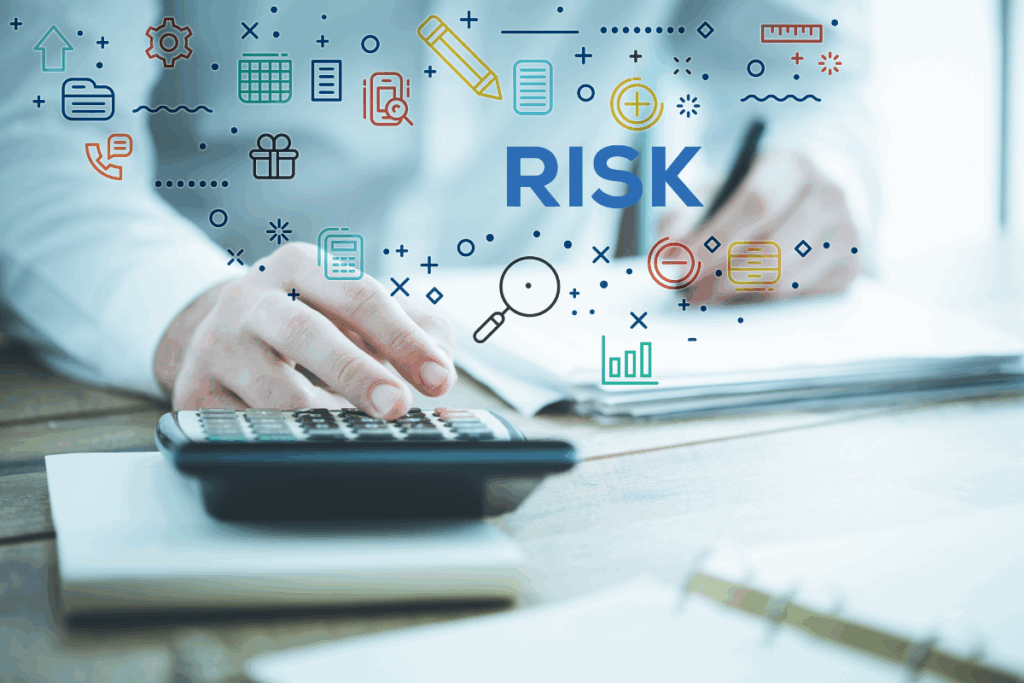Singapore is widely recognised as one of the world’s most business-friendly environments. With its political stability, robust legal system, strategic location, and cutting-edge infrastructure, it’s no surprise that multinational corporations, SMEs, and startups continue to anchor their operations in the city-state. But beneath this surface of strength lies a reality that every business must face: no market is immune to risk.
From regulatory shifts and economic uncertainties to digital vulnerabilities and talent challenges, Singaporean businesses encounter a diverse range of threats that can derail growth and erode value. The question is not if these risks will arise, but when — and whether your business is prepared to respond.
This is where a proactive consulting approach becomes indispensable. Rather than merely reacting to crises, forward-thinking businesses in Singapore are now leveraging strategic consulting to anticipate, mitigate, and even capitalise on risks.
Understanding Singapore’s Business Risks
Despite its strong fundamentals, Singapore’s dynamic and globalised economy exposes businesses to a multitude of evolving risks:
1. Regulatory & Compliance Risks
Singapore’s legal and regulatory frameworks are known for being efficient and transparent. However, businesses must constantly stay ahead of regulatory changes in areas such as data protection (PDPA), environmental compliance, and anti-money laundering (AML). For instance, non-compliance with financial reporting or sanctions regulations can lead to severe penalties or reputational fallout.
2. Geopolitical & Economic Risks
Singapore’s deep integration with the global economy makes it sensitive to trade tensions, currency fluctuations, interest rate shifts, and regional political instability. The U.S.-China rivalry, for example, continues to cast uncertainty on supply chains and investment flows in the region.
3. Cybersecurity Risks
With the government’s Smart Nation initiative and accelerated digital adoption across industries, cyber risks are becoming more prevalent. Businesses of all sizes face threats like ransomware, phishing attacks, and intellectual property theft. In 2023 alone, Singapore recorded a significant rise in cyber incidents targeting small and mid-sized enterprises (SMEs).
4. Talent & Manpower Risks
Talent remains a top concern. The Ministry of Manpower regularly updates policies related to foreign workforce quotas, and rising costs are forcing businesses to rethink talent strategies. At the same time, the shift toward digital roles has created a persistent skills gap in areas such as data analytics, cloud engineering, and cybersecurity.
5. Operational Risks
Supply chain vulnerabilities — as seen during the COVID-19 pandemic — along with disruptions caused by technology failures or lack of business continuity plans, continue to pose threats. Even though natural disasters are rare in Singapore, fire safety incidents, system downtimes, or health outbreaks can stall operations.
6. Reputational Risks
In today’s social media-driven world, one misstep can quickly spiral into a full-blown crisis. Whether due to ethical lapses, employee misconduct, or poor crisis communication, reputational damage can have long-term consequences on customer trust and investor confidence.
Why Reactive Risk Management Falls Short
Many businesses still rely on a reactive approach — addressing risks only after they cause damage. While this may seem cost-effective in the short term, the long-term consequences are dire.
Reactive risk management can lead to:
- Hefty regulatory fines and lawsuits
- Operational downtimes and lost productivity
- Damaged brand reputation and loss of customer trust
- Missed market opportunities and strategic setbacks
As risk becomes increasingly complex and interconnected, the old “firefighting” mentality is no longer sufficient. Instead, businesses need a structured, forward-looking strategy.
The Value of a Proactive Consulting Approach
Proactive risk consulting involves early identification, continuous assessment, and strategic response planning to future-proof businesses. Its core principles include:
✅ Holistic Risk Assessment
Experienced consultants go beyond surface-level threats to uncover hidden or systemic vulnerabilities within the organisation — be it financial exposures, third-party risks, or weak compliance controls.
✅ Tailored Risk Mitigation Strategies
No two businesses are alike. Consulting firms design bespoke strategies based on industry-specific factors, operational models, and regulatory obligations.
✅ Cross-Disciplinary Expertise
Proactive consulting brings together experts in legal, financial, cyber, operational, and HR domains — ensuring well-rounded solutions that address multi-faceted risks.
✅ Enhanced Business Resilience
By building robust internal frameworks, companies can absorb shocks and maintain continuity — turning crises into catalysts for growth.
✅ Strategic Advantage
Businesses that anticipate risks are better equipped to outpace competitors, navigate uncertainty, and reassure investors and customers of their stability.
✅ Long-Term Cost Efficiency
Preventive measures are far more cost-effective than remediation. Avoiding a single data breach or compliance violation can save millions.
How Proactive Risk Consulting Works in Practice
Here’s how a structured consulting process unfolds:
1. Initial Assessment & Framework Development
Consultants begin with a comprehensive review of your existing risk profile, processes, and controls. This is followed by the creation of a tailored enterprise risk management (ERM) framework aligned with your strategic goals.
2. Scenario Planning & Stress Testing
Through workshops and simulations, consultants help businesses explore “what-if” scenarios — from geopolitical shocks to system failures — allowing leaders to assess potential impacts and responses.
3. Policy & Procedure Implementation
Consultants guide the drafting or revision of risk-related policies, including cybersecurity protocols, data privacy policies, and compliance checklists.
4. Technology Recommendations
The right tech tools make risk monitoring seamless. Consultants help businesses select and implement governance, risk, and compliance (GRC) platforms, real-time dashboards, and incident response tools.
5. Training & Cultural Integration
Embedding risk awareness into company culture is vital. Regular training, employee feedback mechanisms, and leadership commitment are essential for creating a risk-conscious workforce.
6. Ongoing Monitoring & Adjustments
Risk landscapes evolve. Proactive consulting includes periodic reviews, internal audits, and regulatory updates to ensure your business remains agile and compliant.
Choosing the Right Consulting Partner
The success of proactive risk mitigation depends heavily on selecting the right consulting partner. Look for firms with:
- A proven track record in risk consulting across industries
- Deep understanding of Singapore’s regulatory and economic environment
- Access to local and global risk intelligence
- Multidisciplinary capabilities (legal, cyber, operations, strategy)
- A client-centric, tailored approach
Trusted consultancies such as KPMG Singapore (link) and PwC Singapore (link) offer specialised risk consulting services aligned with Singapore’s unique business climate.
Conclusion: Turn Risk into Opportunity

In an increasingly uncertain world, proactive risk mitigation isn’t just about preventing disaster — it’s about unlocking resilience, agility, and competitive advantage.
For businesses in Singapore, a reactive approach is no longer viable. With the right consulting partner and mindset, you can transform today’s risks into tomorrow’s opportunities.
Now is the time to invest in future security, not after the storm hits.
Take the first step — partner with experienced risk consultants to build a stronger, smarter, and safer business in Singapore.


